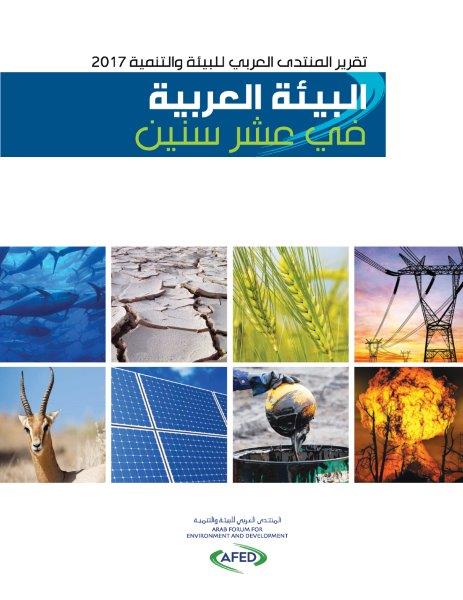| | The Victim of war and peace | | By Najib Saab
September 2006
The Israeli aggression on Lebanon was in one of its many facets a war against the environment. If the huge oil spill that leaked to the sea due to the bombing of Al- Jiyyeh power station was the apparent manifestation of the environmental aggression; what lies hidden may be greater. | | more... | |
|
|
| | Dinosaurs Invade Arab Roads | | by Najib Saab
February 2006
Since Gottlieb Daimler and Karl Benz developed the first automobile petrol engine at the end of the 19th century, and Henry Ford built the first mass production car factory in 1913, technology has advanced tremendously and the perspective to cars and their functions has changed drastically. | | more... | |
|
|
| | The Environment's share of oil revenues | | by Najib Saab
November 2005
Income from oil exports increased in the countries of the Middle East and Central Asia by 465 billion USD during the last three years. While additional revenues reached 50 billions in 2003, it skyrocketed to 126 billions in 2004 and exceeded 289 billions in 2005. | | more... | |
|
|
| | AN ARAB STATEMENT TO THE EARTH SUMMIT | | By Najib Saab
The Daily Star
31 August 2002
One-hundred heads of state will kick off the biggest international talkshow in history on Monday morning in Johannesburg. The official name of the show is World Summit on Sustainable Development. | | more... | |
|
|
|
|
|
|
|
|
|
|
 | | | Arab Environment in 10 Years | | | ARAB ENVIRONMENT IN 10 YEARS crowns a decade of the series of annual reports produced by the Arab Forum for Environment and Development (AFED) on the state of Arab environment. It tracks and analyzes changes focusing on policies and governance, including level of response and engagement in international environmental treaties. It also highlights developments in six selected priority areas, namely water, energy, air, food, green economy and environmental scientific research. |
|
 |
|
|
|
|




